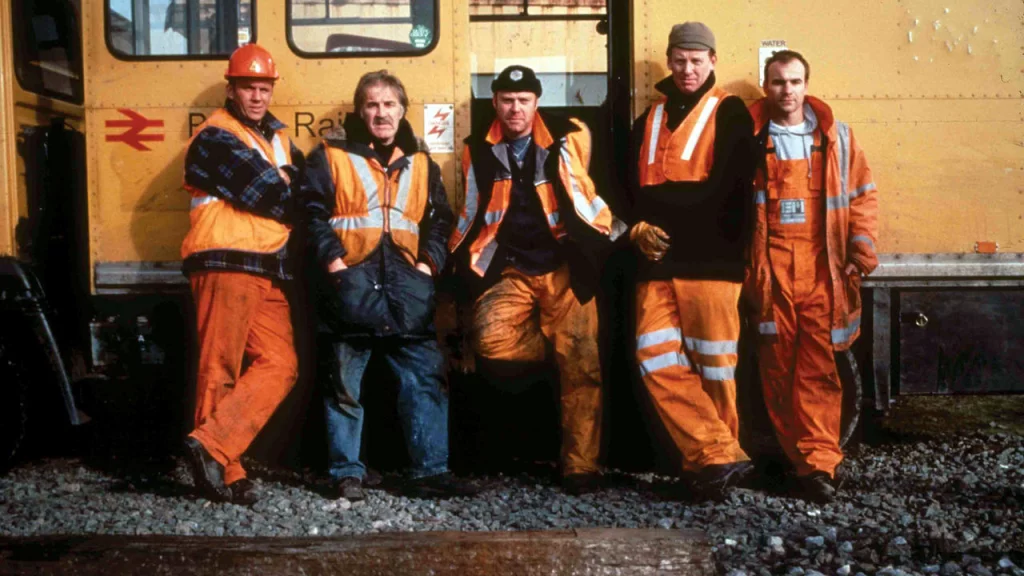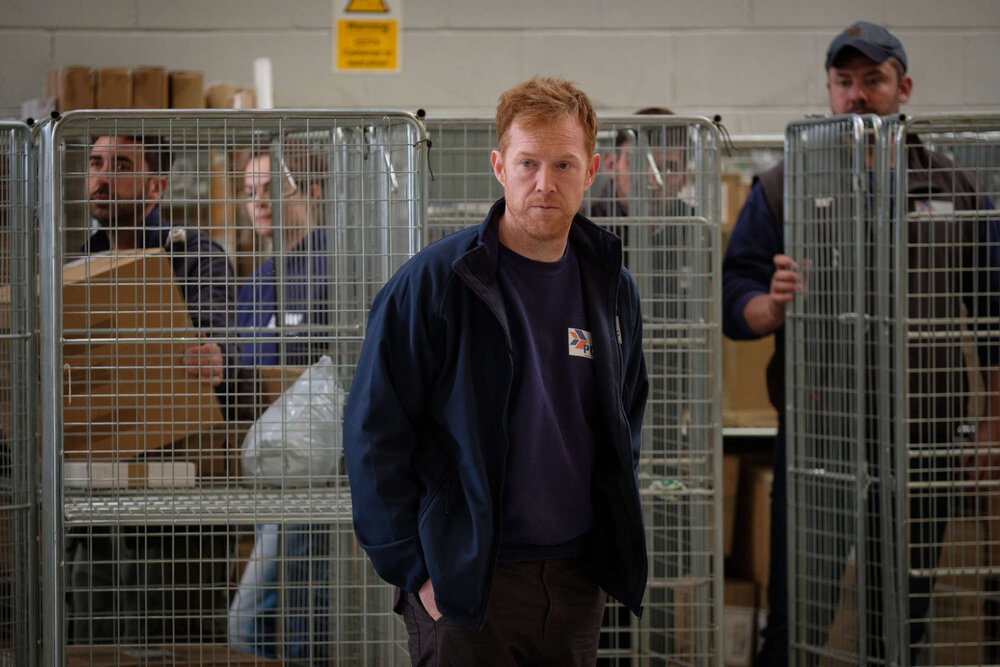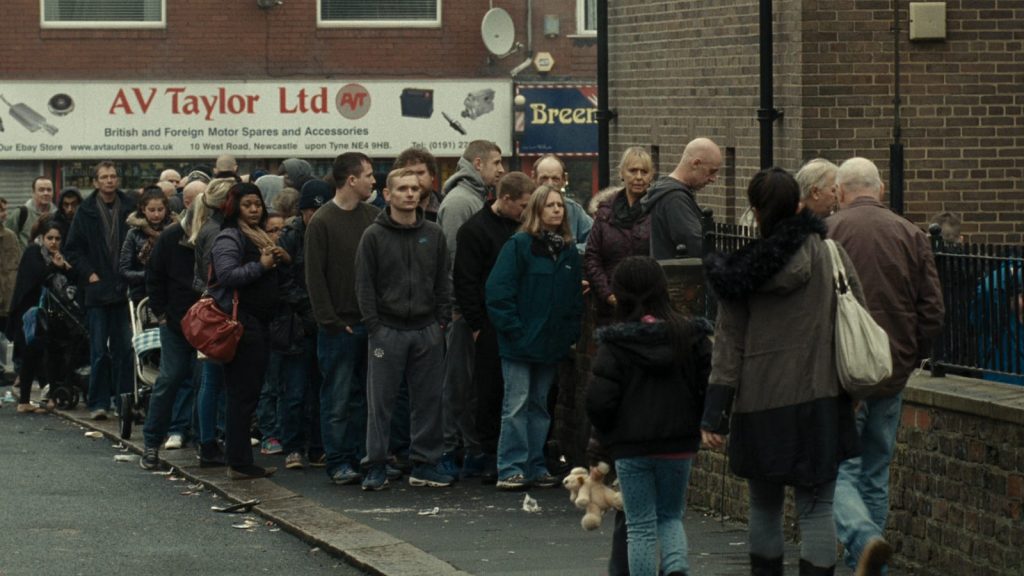I think that filmmakers on the left have a special responsibility to create good propaganda. The truth is that all film is agitation and propaganda of some kind in that films contain messaging that builds narrative and inspires people to action. There is also a less obvious, but more powerful truth – when a person already agrees with the ethos of the filmmaker, they are likely to accept their representation of history as being true without question.
This was especially true for me, as a young man with syndicalist sympathies, watching Land and Freedom. Only years later did I find out that Loach had misrepresented the Spanish Civil War. If you agree already with the premise put forward by the filmmaker, then there is not a lot of cognitive pressure to question whether their interpretation of events really happened.
I don’t like critics, of any kind of food or art, and I certainly can’t make films, so this isn’t a criticism of his filmmaking abilities – it’s obviously true that Ken Loach makes good films in a cinematographic sense. However, in a political sense, there is one theme that runs through almost all of his films – the working class are losers who can expect only to lose and in fact almost always lose. If you were to infer Ken Loach’s actual ethos from his films, rather than take his political statements at face value, it would be something like this – in defeat, there is dignity, so long as it’s possible to portray the enemy as being devoid of moral authority.
This is not just wrong, but obnoxious, and it should not just be obnoxious to Communists but to every working-class person, every person struggling against fascism, every person struggling against tyranny.
In one of the final scenes of Land and Freedom, the British main character tears up his Communist Party card in disgust, and returns to Britain, defeated. Yes, of course, the Republicans lost the Spanish Civil War. But why make a film celebrating the victory of fascism if you claim to be a socialist? If you wanted to make a historical-realist film about fascism, you could look no closer to home for the Battle of Cable Street, where the Communist Party was the chief organising body for a street battle in which the British Union of Fascists were defeated. Of course, for that reason, Ken Loach would never make a film about Cable Street.

In 2001, Ken Loach made a film called Navigators, about the privatisation of British Rail in 1995 and the misery it heaped on the railway workers. The film has a predictably negative ending, which I won’t spoil – but suffice to say there is nothing good that happens. His 1991 film Riff-Raff has a very similar ending. Why not make a film about any of the victorious and inspiring industrial victories in recent history? Why not, Comrade Ken Loach?
It’s not like this is impossible. Made In Dagenham (2010) is a dramatisation of the 1968 strike by women workers at a Ford plant in Dagenham, which was victorious and ultimately led to the 1970 Equal Pay Act. Despite the circumstances, even the film Pride (2014), which features Mark Ashton, General-Secretary of the Young Communist League, is able to end on a note of the power of solidarity in an immensely moving final scene.
In I, Daniel Blake (2017), the main character, a proud Geordie who can no longer work due to injury, eventually dies after being horrendously mistreated by the benefits system. But at least, from beyond the grave, Daniel is able to produce a damning indictment of the system. The typical Loach film – dignity in defeat, dignity in death.
Many people like Ken Loach and his films. I have decided to call these people ‘Loachers’. Loachers might say – “Loach exposes the true living conditions for working-class people”, “Loach shows how cruel the Tories are”, “Loach creates realistic films”. This is an interesting argument.
The needless death of working-class people is a very common theme in Ken Loach films. We can write that sentence in another way – Ken Loach prefers to make films in which working-class people die pointlessly.

Of course, many people do die pointlessly in society. Many people do have horrible working conditions. Take his latest film for example – Sorry We Missed You (2019), which is about a gig economy worker, who is horribly mistreated at work. Yes, Loachers, I know – this happens and it is very, very bad. But, I am reminded of a recent video I saw of striking gig workers of the IWGB in Blackpool.
In this video the organiser says, to cheers from the assembled crowd, “We’re three-quarters Romanian, three English, four Pakistanis, and one Chinese – but we’re all behind the strike!” This is the kind of message that the left needs in Britain today. We do not need any further misery fetishism from Ken Loach.
I do not make this charge of misery fetishism lightly, but it is difficult not to come to the conclusion, because the truth is that working-class people can win. There are an uncountable number of inspiring stories of working people organising and winning. That a person can have a national platform and a recognised name and produces only films about working-class people losing says both a lot about their personal and political ethos.
Personally, I don’t care that much for filmmakers. I prefer food delivery workers to people who make films. I care even less about film critics – people who don’t have jobs are more useful to society than film critics. But if we are going to have films, and if left-wing people are going to make films, then do your job properly and make films about organising, fighting, and winning. This is your responsibility. Stop shirking it and get to work.
Matt Cox, is a member of the YCL’s West and North Yorkshire branch



